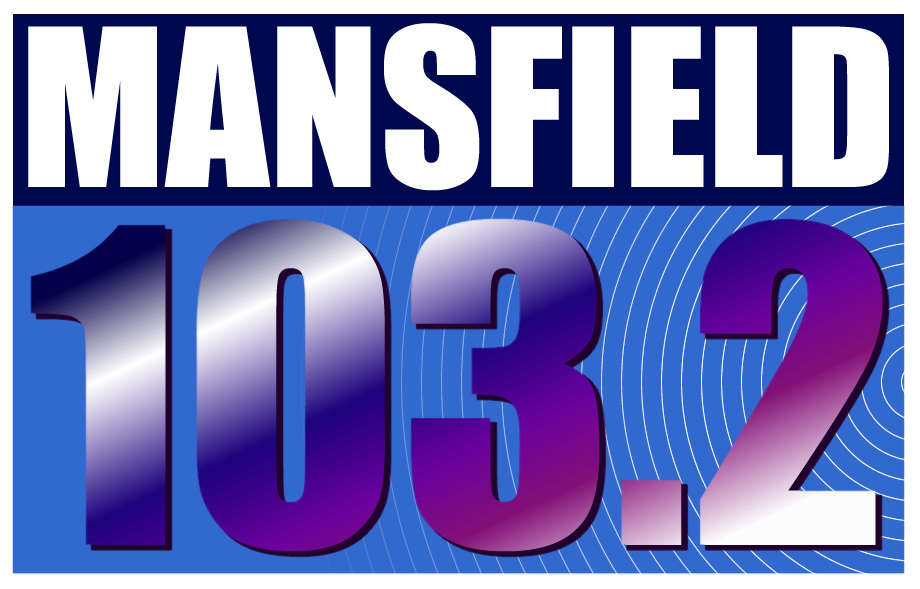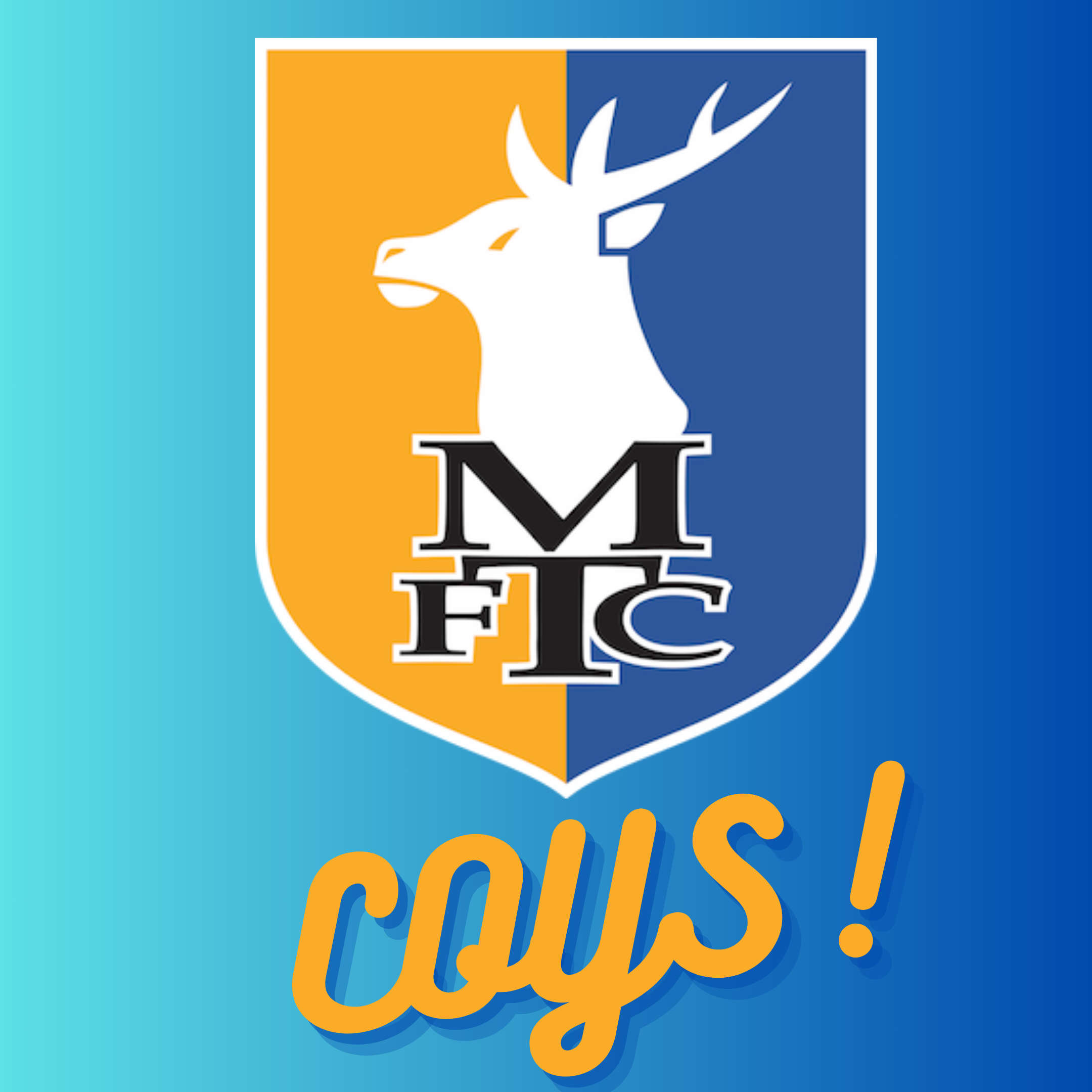The government has announced it will cut GCSE exam time by up to three hours per student, in the biggest school shake-up in England in a decade.
The final report from a curriculum and assessment review - commissioned by Labour last year, and the biggest of its kind for a decade - recommends cutting the overall volume of exams at Key Stage 4 by 10%, ruling the current amount as "excessive".
It also calls for the introduction of new maths and English tests in Year 8 to help teachers identify learning gaps sooner, the addition of mandatory citizenship lessons in primary schools, and a major overhaul of the Key Stage 2 grammar, punctuation, and spelling test.
AI among new subjects
The reforms to the national curriculum will also include a focus on AI and data science for post-16 students.
For the first time, primary-aged children will be taught how to spot fake news and identify misinformation and disinformation. This will help them develop their critical thinking skills and protect them when online.
Primary pupils will also learn more about the fundamentals of money. The review recognises that children are now consumers often before they reach secondary school.
A new compulsory reading test in Year 8 will be introduced. This will be in addition to a writing assessment in Year 6, as well as SATs, to identify pupils who need extra support.
Schools will also be expected to work towards offering triple science GCSE as standard.
This comes alongside the government exploring a new qualification for 16-18 year olds in data science and AI, with a view to encourage more young people into science and tech careers.
'We want to get it right'
Education Secretary Bridget Phillipson said the changes "will help young people step boldly into the future".
Speaking to Mornings with Ridge and Frost on Sky News, Ms Phillipson said: "It's been more than 10 years since the national curriculum was updated. In that time, an awful lot has changed.
"You mentioned the way that technology is changing the world, shaping lives. And it's essential that we prepare our young people for that future, a future that I want them to shape.
"I think for me, that's about a really strong academic foundation. So reading, writing and also a push on science.
"But alongside that, I think what parents want is that children have a breadth and richness in terms of what they can study.
"So the importance of creative and vocational subjects alongside that, and also our young people being really discerning citizens, people who can question and challenge what's in front of them and be well prepared for what comes next."
Read more from Sky News:
The 100-year trend that may be about to break
The education secretary added that the government does not want to "rush" the implementation of the new curriculum.
"We want to get it right, so the programmes of study will be out for consultation by 2027 - and the national curriculum will be taught by 2030," she said.
Additionally, the government will publish an oracy framework to help ensure more young people become confident and effective speakers, building on the success of existing reading and writing frameworks.
It is also committed to ensuring all pupils retain access to sport and the arts.

(c) Sky News 2025: Biggest schools shake-up in England in a decade to cut GCSE exam time - and add AI and fake news l



 From rapper to New York mayor: Who is Zohran Mamdani?
From rapper to New York mayor: Who is Zohran Mamdani?
 Kentucky plane crash leaves at least seven dead - with number expected to rise
Kentucky plane crash leaves at least seven dead - with number expected to rise
 Driver hits several people on French holiday island of Ile d'Oleron
Driver hits several people on French holiday island of Ile d'Oleron
 Will Rachel Reeves repeat Denis Healey's 1975 horror budget?
Will Rachel Reeves repeat Denis Healey's 1975 horror budget?




